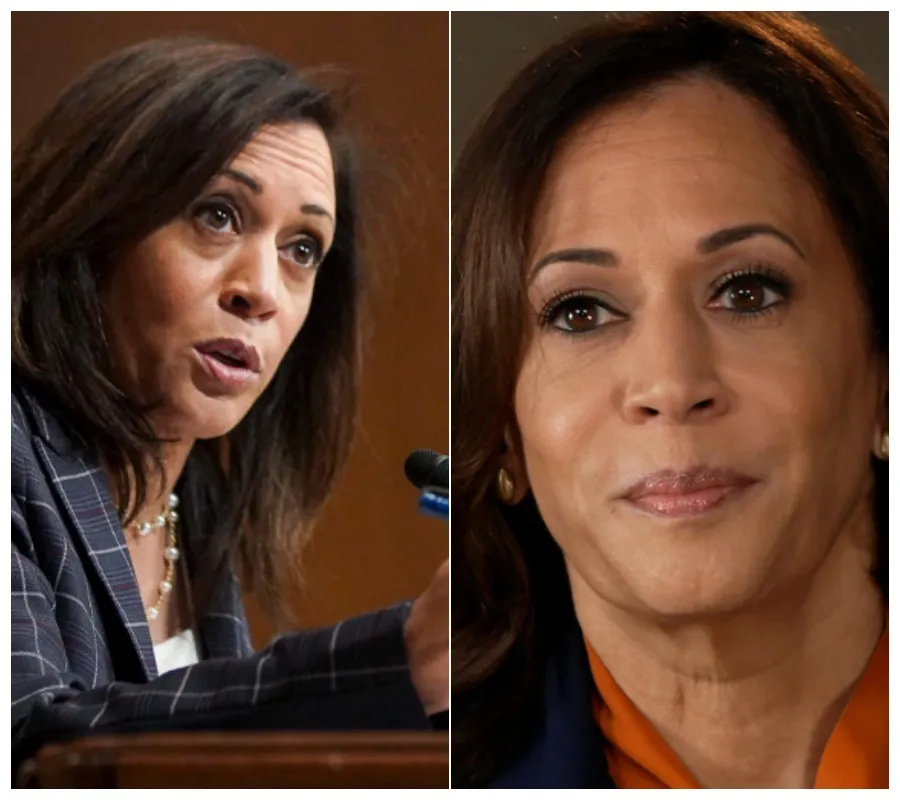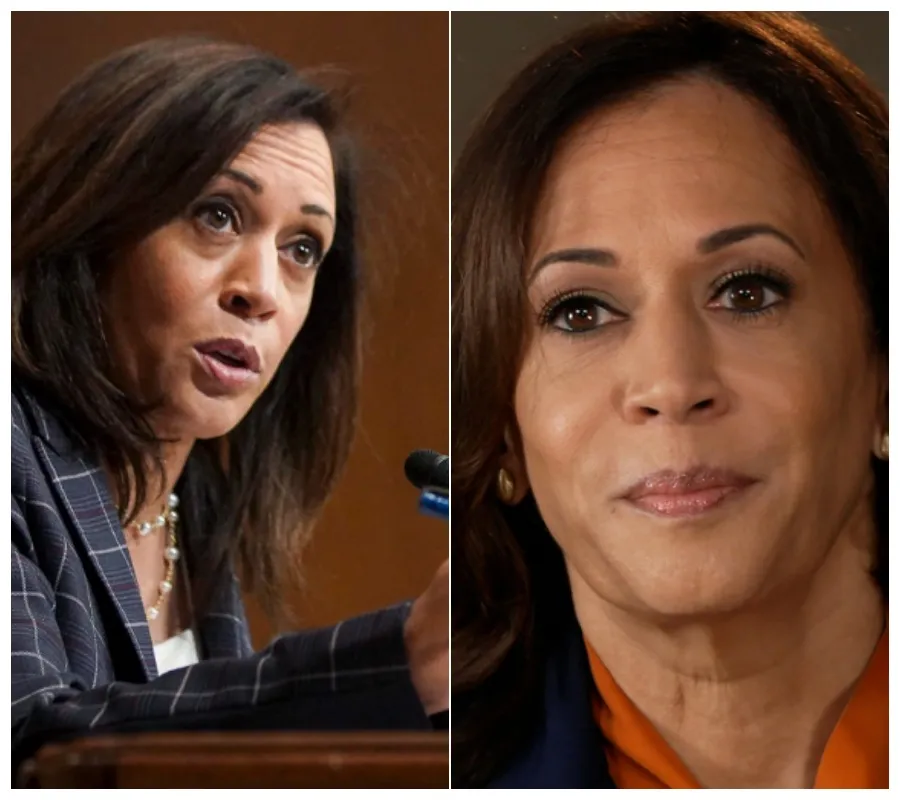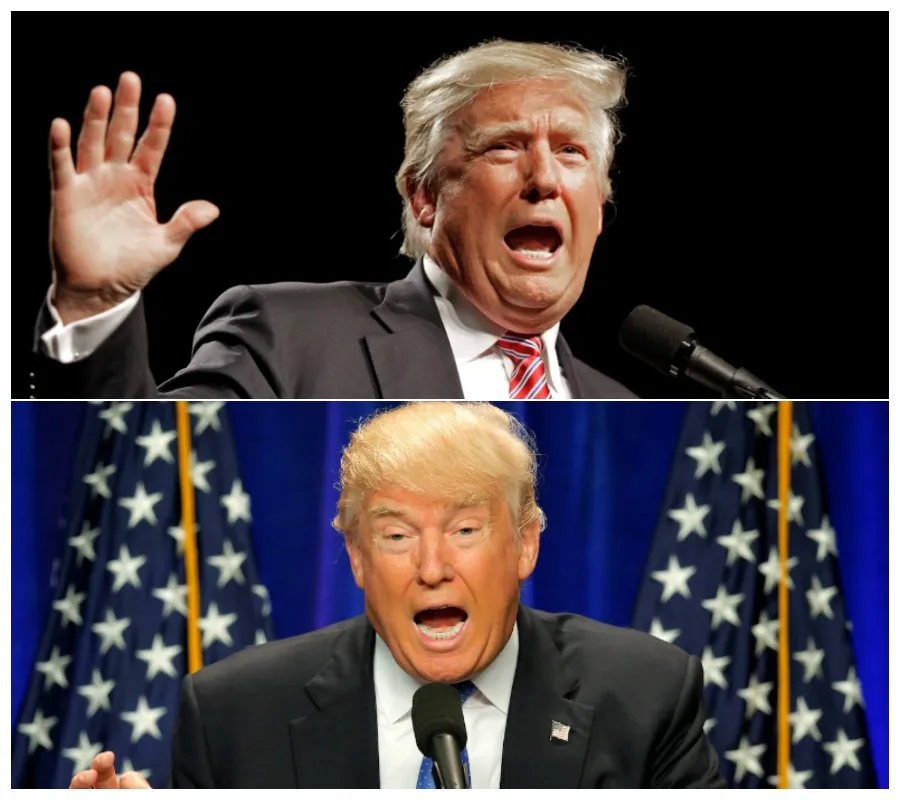
With the conclusion of the Democratic National Convention, former President Donald Trump continues to focus his campaign efforts on defining Democratic nominee Kamala Harris while also defending his record and addressing controversies from his presidency. Trump has spent a significant portion of his post-convention campaign engaging with voters across battleground states, highlighting his policies and critiquing those of Harris. However, his efforts have been met with significant pushback from Democrats and challenges within his own party.
Defining Kamala Harris
Trump’s primary focus has been on defining Kamala Harris as a candidate. Throughout his campaign tour, he has labeled her with terms like “radical,” “communist,” and “Marxist,” evoking the language of past political eras characterized by anti-communist sentiment. These characterizations aim to paint Harris as out of touch with mainstream American values, in hopes of swaying moderate and undecided voters.

Despite these attacks, Harris’s polling numbers have risen following the Democratic convention, surpassing those of President Joe Biden’s before his departure from the 2024 race. Trump’s campaign has acknowledged the challenge Harris presents, with internal discussions focusing on whether to continue personal attacks or emphasize policy differences. Trump’s public remarks reflect this tension, as he oscillates between personal jabs and policy critiques.
Trump’s Strategy and Public Reaction
Trump’s strategy has been multifaceted. He has targeted issues like inflation, immigration, and the overall economy, which he sees as areas of weakness for Harris. At the same time, he has not shied away from highly personal attacks. During a rally in North Carolina, Trump directly asked his supporters whether he should focus on personal attacks or policy critiques. The crowd overwhelmingly supported a more personal approach, reinforcing Trump’s natural inclination toward direct confrontation.

Mending Fences within the GOP
In addition to targeting Harris, Trump has also worked to mend fences with Republicans he has previously clashed with, such as Georgia Governor Brian Kemp. Trump’s relationship with Kemp has been rocky, largely due to Kemp’s refusal to support Trump’s efforts to overturn the 2020 election results in Georgia. Despite past conflicts, Trump recently praised Kemp, signaling a potential thaw in their relationship. This outreach is seen as part of Trump’s strategy to consolidate support within the GOP, particularly in key battleground states like Georgia.
Playing Defense
As much as Trump is on the offensive against Harris, he is also playing defense. Democrats, including Harris, have consistently attacked Trump over his attempts to overturn the 2020 election, his legal issues, and his stance on reproductive rights. Harris, during her convention acceptance speech, criticized Trump as an “unserious man” with serious consequences if re-elected, emphasizing the gravity of the choice facing voters.
Trump has responded to these attacks both on the campaign trail and on social media. He has defended his record on women’s rights, despite criticism over his role in appointing Supreme Court justices who overturned Roe v. Wade. Trump’s comment that his administration “will be great for women and their reproductive rights” has been met with skepticism, especially from Democrats who cite his judicial appointments and policy positions as evidence to the contrary.
The Abortion Issue
The issue of abortion rights remains a particularly sensitive one for Trump. While he has historically aligned with conservative efforts to restrict abortion, he appears concerned about the electoral implications of this stance. Trump’s comments on ensuring reproductive rights have been interpreted as an attempt to appeal to moderate voters who may be turned off by strict anti-abortion policies. However, Democrats have been quick to remind voters of Trump’s role in reshaping the Supreme Court and the broader conservative push to limit abortion access.
Looking Ahead
As the campaign progresses, Trump’s strategies will likely continue to evolve. The first debate between Trump and Harris, scheduled for September 10 in Philadelphia, will be a critical moment for both candidates. In the meantime, Trump must balance his approach, addressing both policy issues and personal attacks, while maintaining unity within the Republican Party and appealing to a broad electorate.
Trump’s challenge lies in effectively defining Harris while defending his own record, all in a highly polarized political environment. The coming weeks will test his ability to adapt and respond to the dynamics of the 2024 presidential race.






